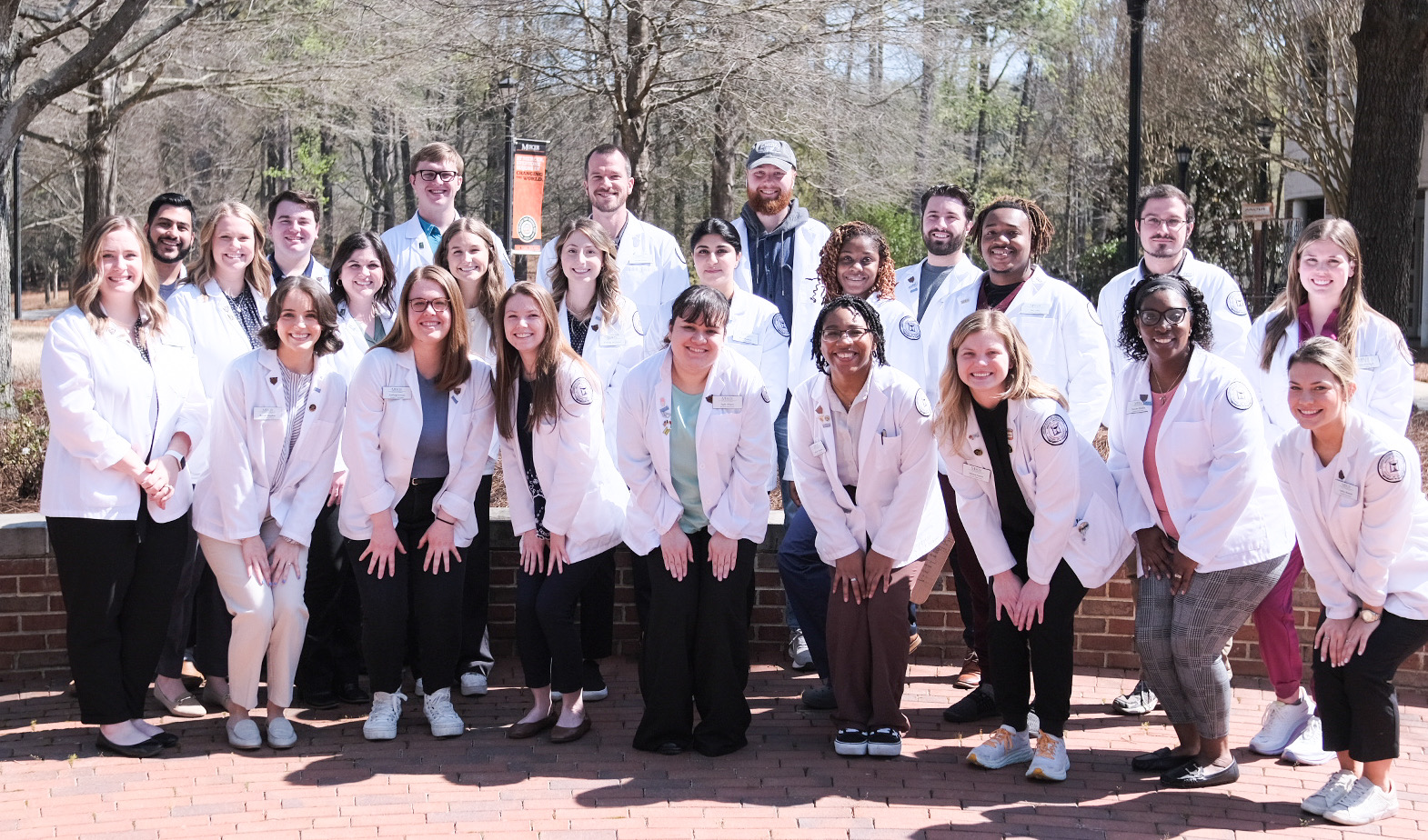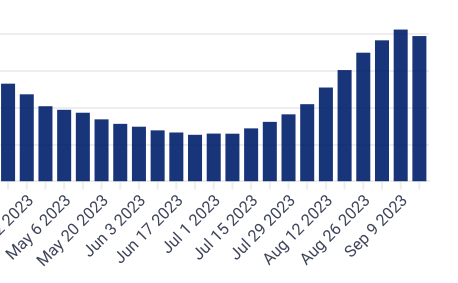Fentanyl’s nastier cousin, Covid me could create variants, preparing for the shutdown, and more
28 Sep 2023
Posted by Andrew Kantor
Misinformation follies
People on social media: Covid is fake! It’s a conspiracy by the children-eating lizard people! Vaccines kill! Eating kumquat will cure it! Do your research, sheeple!
HHS: Yo, Facebook, Twitter, YouTube — can you crack down on this stuff? It’s hurting people.
Social media: No. We believe in free speech until we don’t.
HHS: Pretty please? That’s a lovely network you have there. It would be a shame if something were to … regulate it.
U.S. District Judge in Louisiana: Sorry, misinformation is still free speech and you can’t ‘encourage’ them to censor it. Lay off!
HHS: SCOTUS?
Justice Alito: You don’t have to lay off until we consider it.
Twitter: By the way, I identify as “X” now.
The entire world: Oh shut up.
It’s back!
Pfizer has re-started “the majority of production lines” at its tornado-damaged North Carolina plant. It’s not up to full strength yet, but that should happen by the end of the year.
Drug dealers keeping a step ahead
Make prescription opioids harder to get and people turn to street drugs like heroin. Then heroin gets expensive, so drug dealers start cutting it with fentanyl.
Crack down on fentanyl? Here come nitazenes like isotonitazine that are even more potent, and that are made with precursors that aren’t yet regulated. As one organic chemist put it, “DEA is behind the curve.” (Note: First link is to a more human-friendly story; the second link is chemistry heavy.)
NCPA picks Mercer’s students
Congrats to the Mercer College of Pharmacy, which was just named Chapter of the Year by NCPA!

Covid hospitalizations drop
Hopefully it’s the start of a trend and not just a momentary blip, but the latest CDC data shows that Covid-19 hospitalizations have dropped for the first time since early July. Locally, there were 659 Georgians admitted to hospital for Covid treatment the week of September 9, but that dropped to 598 the next week.

You tell me that’s it’s evolution…
You know how evolution works: An organism’s DNA gets a mutation, and once in a while that mutation turns out to be beneficial and is passed down so the species can survive better.
Here’s how the Covid treatment molnupiravir works: It introduces mutations. (They’re designed to destroy the virus’s ability to replicate.)
You might see the problem.
A new report in Nature that examined the genomes of 15 million Covid viruses found that yep, once molnupiravir was used in a region, the number of mutations there increased. And that means “there could be the potential for onward transmission of molnupiravir-mutated viruses.”
Apparently no one at Merck has seen “Jurassic Park,” because the company’s response was that the drug only introduces mutations that “[impair] viral replication and reduces viral shedding, which would reduce the risk of transmission.”
Also, the company said, it might be a coincidence that the number of mutations increased after its mutation-causing drug was introduced. (Seriously.)
What if?
So what happens to healthcare if the government shuts down? The good folks at KFF have a breakdown.


